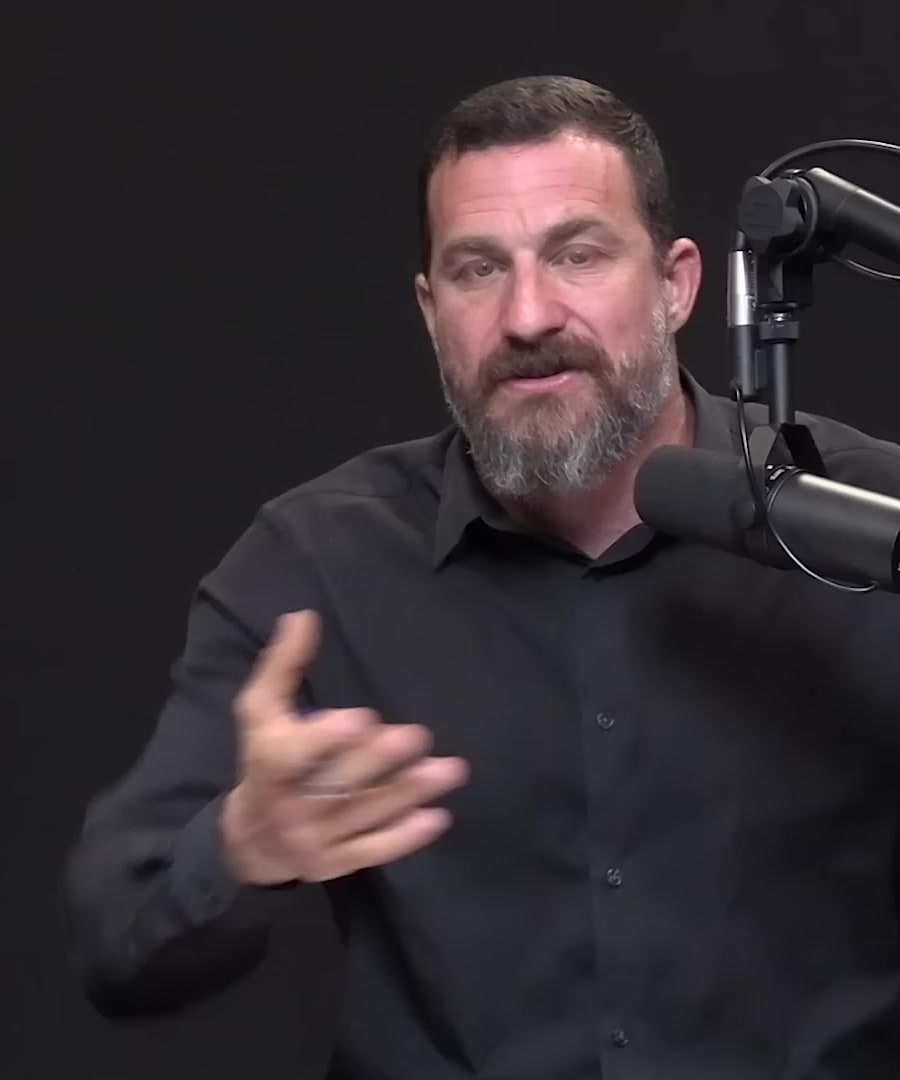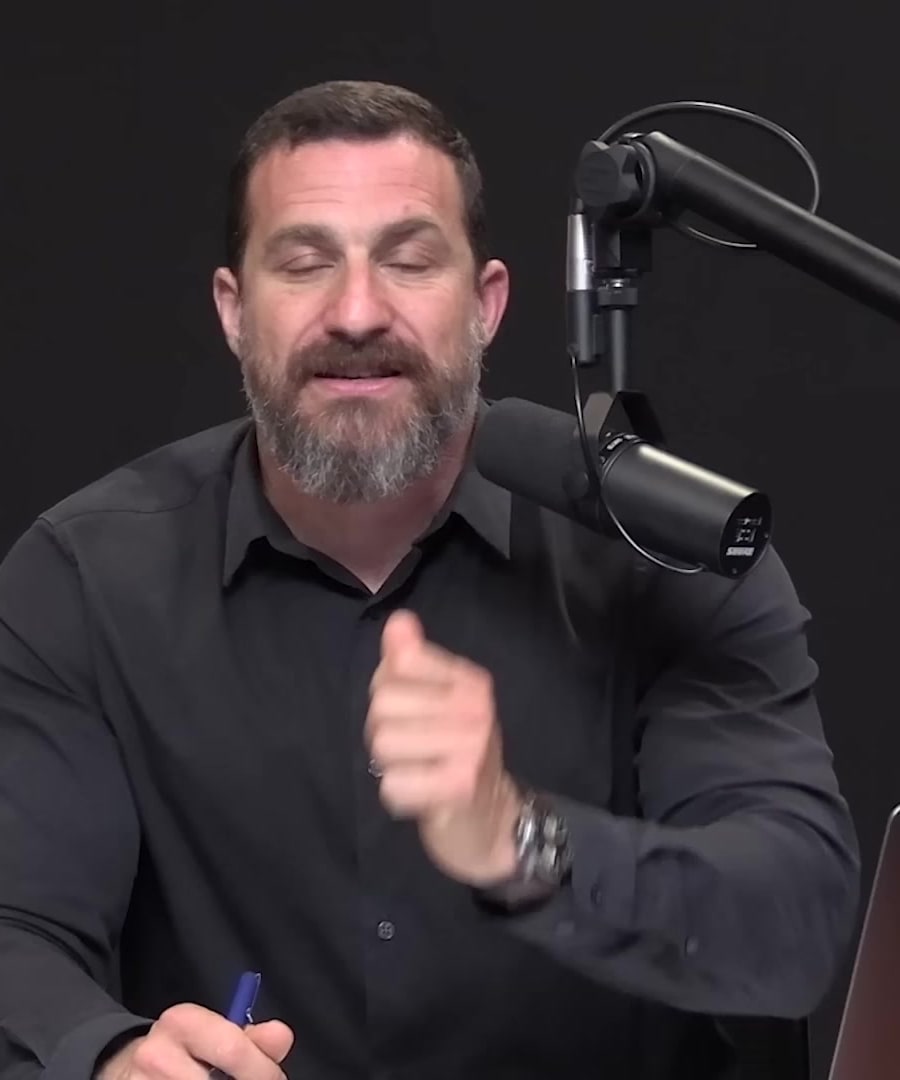What is reward prediction error
Sources:
Reward Prediction Error (RPE) is a critical concept in understanding how our brains process rewards and make predictions about outcomes. It describes the difference between what we expect from a reward and what we actually receive. This discrepancy significantly influences our motivation and behavior.
Key Points on Reward Prediction Error
-
Definition: RPE can be defined as the difference between the expected reward and the actual reward received. This is often processed through the dopamine system in the brain. If the received reward meets or exceeds expectations, dopamine levels will increase; if it falls short, dopamine levels may drop below baseline, indicating disappointment 1 2.
-
Learning Mechanism: RPE is integral to learning and habit formation. When our expectations are confirmed or exceeded, the associated behaviors are reinforced, making them more likely to be repeated in the future. Conversely, unfulfilled expectations can lead to behavioral changes, often discouraging the associated actions 3.
-
Dopamine Release: Dopamine plays a crucial role in the anticipation of rewards. Higher dopamine levels are released in response to unexpected rewards. If you anticipate a positive outcome (like enjoying a delicious meal) and it occurs, dopamine increases, reinforcing your desire to repeat that behavior. However, if the anticipated reward does not occur, it can lead to a significant decline in mood and motivation 4 5.
-
Practical Applications: Understanding RPE can help in various aspects of life, including parenting and personal goal setting. For instance, setting clear expectations and providing consistent rewards can facilitate better outcomes in learning and motivation. Avoiding vague promises of rewards can prevent disappointment and the accompanying negative dopamine response 3 2.
-
Implications for Habit Formation: The concept of RPE suggests that to form new habits, one should not only focus on the habit itself but also on the process surrounding it. By positively associating the steps leading up to a habit as well as the rewards following it, one can enhance motivation and likelihood of success 6 2.
For a deeper exploration of this concept, you can refer to episodes like "The Science of Making & Breaking Habits" from the , where Andrew Huberman discusses how RPE impacts learning and motivation in greater detail.
RELATED QUESTIONS-
What is reward prediction error
- RELATED QUESTIONS




